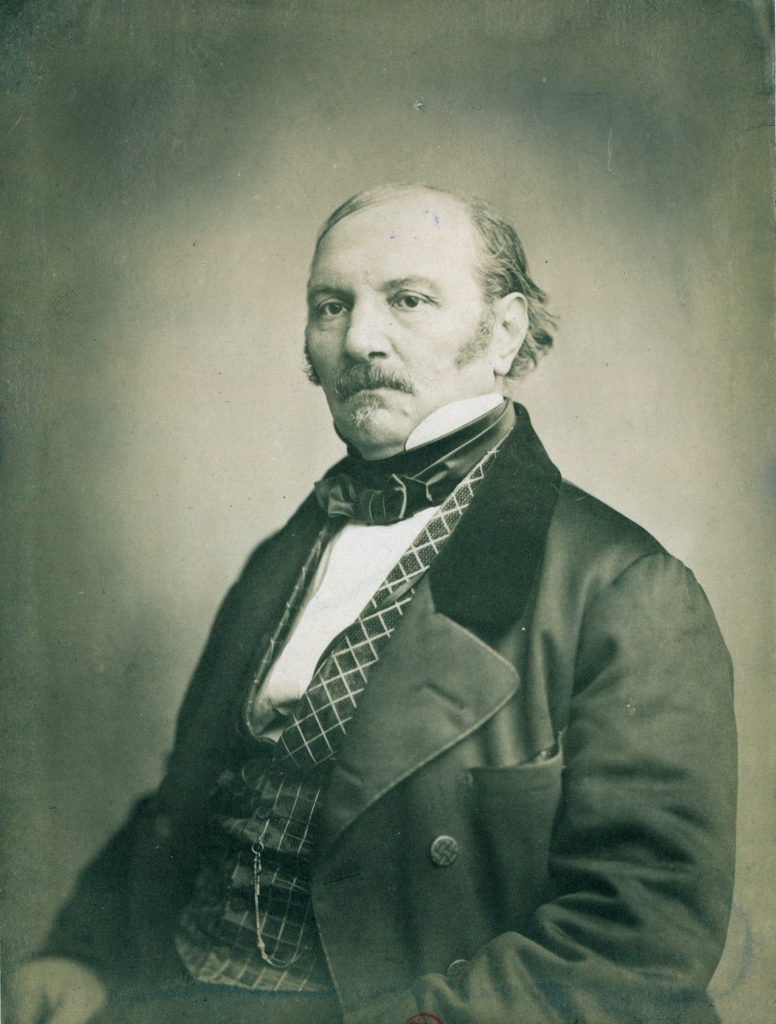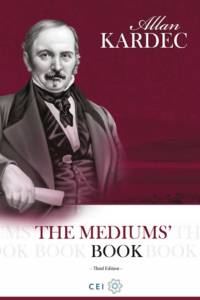
Who is Allan Kardec?
Allan Kardec the French educator, translator and author Hippolyte Léon Denizard Rivail.
Allan Kardec wrote only five Spiritist books – but these five books serve as the foundation to Spiritism, a progressive body of knowledge that has continued to grow to near 1,000 books since Kardec first published “The Spirits’ Book” in 1857. Because they served as the starting point to Spiritism, and because they were the result of a collaboration between hundreds of intelligences in both planes of life, Spiritists often refer to Kardec’s five books as the “Spiritist Codification”. That is: as the set of works that helped organize and shape (codify) the specific spirit teachings that came to be known as Spiritism. The same rationale applies to why he used the name “Kardec” when publishing these books and why this body of knowledge was aptly named “Spiritism” and not “Kardecism” – because it is the direct result of the wisdom and kindness of enlightened spirits and not the result of the work of one sole man.





What is Spiritism?
Spiritism is a progressive body of knowledge which deals with the nature, origin and destiny of Spirits, as well as their relationship to the corporeal world. As such, it sheds light on what we are, where we come from, where we go after we die, and why we often face different challenges in our lives. In short, it addresses the reason for our existence and how we can better ourselves to attain true happiness.
In addition to providing insights into the fundamental questions of existence, Spiritism emphasizes the importance of moral and intellectual evolution. It teaches that through continuous learning, self-improvement, and adherence to ethical principles, individuals can ascend spiritually and contribute positively to the collective progress of humanity. Spiritism encourages a deep understanding of universal laws governing both the material and spiritual realms, fostering harmony, compassion, and respect for all beings.